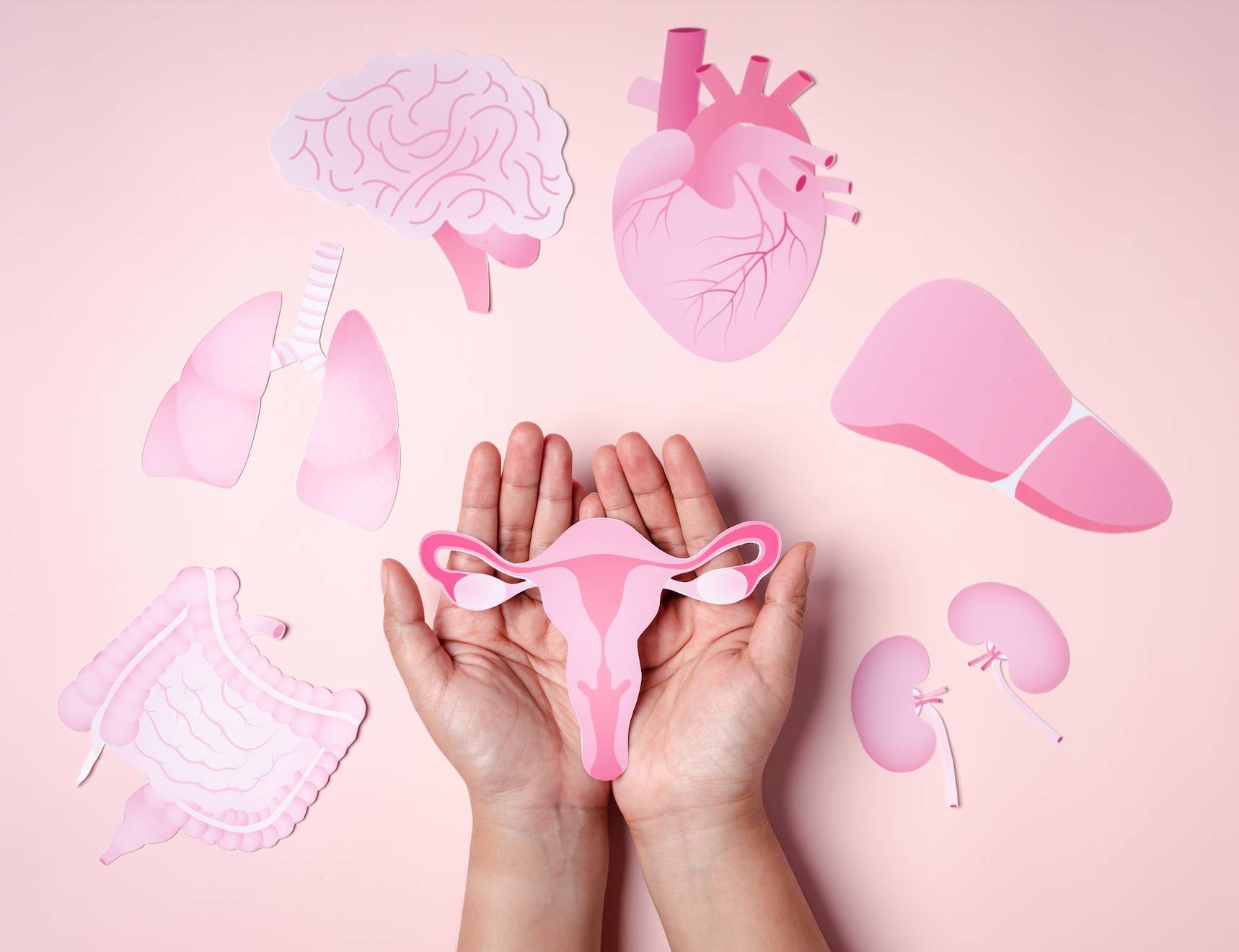Dose-response relationship between carotenoid intake and risk of depressive symptoms in postmenopausal women

Postmenopausal women face an increased risk of depression, and research suggests a potential link between carotenoid intake and depression levels. However, the specific relationship between carotenoid consumption and depression risk in postmenopausal women remains unclear. The purpose of this study by Li & Wang (2025) was to investigate the relationship between the prevalence of depression in this community and dietary carotenoid consumption. 1,089 postmenopausal women who took part in the National Health and Nutrition Examination Survey (NHANES, 2013 to 2018) were included in the study. After adjusting for potential confounders, results indicated that higher intake of total lycopene, β-carotene, and total carotenoids were significantly associated with a lower risk of depression. Nevertheless, there were no statistically significant correlations between lutein zeaxanthin and β-cryptoxanthin. The study also found that α-carotene intake above 2.90 mg/day and β-carotene intake exceeding 1.06 mg/day reduced depression risk. Additionally, total lycopene exhibited a linear reduction in depression risk when intake exceeded 2.05 mg/day. Although no dose-dependent connection was found for β-cryptoxanthin, the results indicate that postmenopausal women who consume greater levels of α-carotene, β-carotene, lycopene, total lutein, and zeaxanthin are at a lower risk of developing depression. [NPID: Menopausal women, depression, carotenoids, horizontal research, logical regression]
Year: 2025
 Navigation
Navigation







